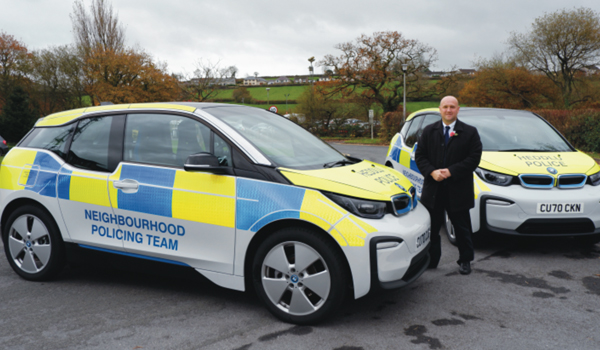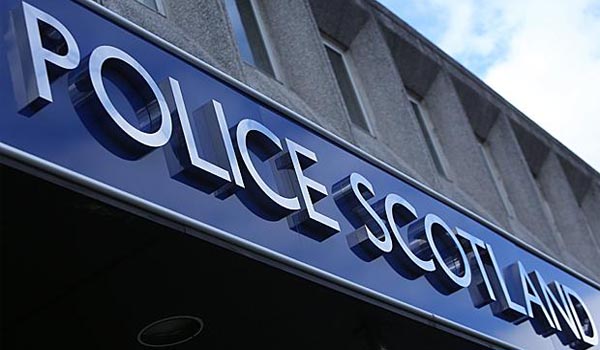New BWV guidance on operational use and technical requirements
New national guidance to help police forces and their staff using body-worn video (BWV) was launched this week. The College of Policing guidance updates and broadens the Home Office guidance published in 2007.

New national guidance to help police forces and their staff using body-worn video (BWV) was launched this week. The College of Policing guidance updates and broadens the Home Office guidance published in 2007.
It has been issued in tandem with long-awaited technical guidance from the Home Office that highlights the key issues for forces interested in purchasing and deploying BWV cameras.
The college guidance highlights seven key principles that underpin the approach to the use of BWV and outlines the latest legal frameworks and operational procedures.
The seven principles cover legal requirements, information management, operational use, the recording process, limitations and community engagement.
Chief executive of the College of Policing, Chief Constable Alex Marshall, said:
We are already seeing evidence of some good results and better justice from the use of BWV in policing. As the technology becomes more widely used we will learn more about its benefits in gathering evidence, how it may protect officers and the public, as well as the potential risks.
He added that the guidance provides a framework that will help ensure the use of BWV is consistent.
National policing lead for BWV, Chief Constable Andy Marsh, said: BWV can contribute to policing in many ways, not least as a piece of kit that supports and improves cases going to court really telling the story of what has happened in a way many juries may not have appreciated before. The video evidence can support victims and witnesses evidence and encourage early guilty pleas, improving criminal justice outcomes.
As an increasing number of forces use BWV the new guidance will be vital in ensuring that this technology is used in a consistent, professional and proportionate manner.
Speaking at a Body Worn Video Steering Group meeting on Tuesday (July 22), Inspector Steve Goodier, from Hampshire Constabulary, explained some of the detail underpinning the guidances seven principles.
He emphasised that forces need to process and manage data in line with the Code of Practice on the Management of Police Information, the authorised professional practice (APP) on information management and the Data Protection Act 1998. The Surveillance Camera Code of Practice must also be given due regard.
The use of the cameras must be proportionate, legitimate, necessary and overt, he said, and officers must have an explainable reason for using their BWV camera while on duty. Indiscriminate recording is prohibited under the new guidance.
Equally, BWV is designed to complement, rather than replace, traditional forms of evidence gathering.
The requirement to consult locally is crucial, especially for completing a privacy impact assessment. No member of the public, Insp Goodier said, should be surprised that an officer is using BWV and should be aware their interactions will be recorded.
The guidance is an interim release laying the way for evidence-based APP later in the year.



